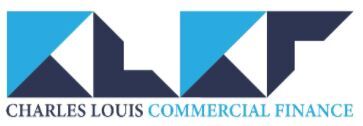What fees can I expect with mezzanine finance?
Broker fee
This varies between brokers. Some brokers do not charge a fee and rely on receiving commission from lenders when the loan completes. Other brokers may charge a fixed fee, or a percentage of the total loan value. We don’t usually charge a broker fee.
Application fee
Some lenders and brokers charge for submitting an application. Every development project is different. Sometimes finance applications can be extremely complex. If they take a lot of work to ‘package’, we may ask for an application fee. This is always on a case-by-case basis.
Valuation fee
Lenders may want an independent valuation of your property development proposal. If so, a surveyor will have to be instructed and paid by you.
Arrangement fee
Often calculated as percentage of the total cost of the loan. These arrangement fees vary substantially from one lender to another. They are typically between 2% and 4% of total sum borrowed.
Monitoring fees
Development projects are monitored for progress and this typically involves an administration cost.
Draw down fees
A fee charged whenever a new instalment of funds is transferred to the borrower
Legal fees
If needed, borrowers will have to pay for legal costs such as hiring a solicitor or qualified legal advice
Exit fee
Often calculated as a percentage of the total cost of the loan.
Administration fees
Any additional costs charged by either lender or broker







